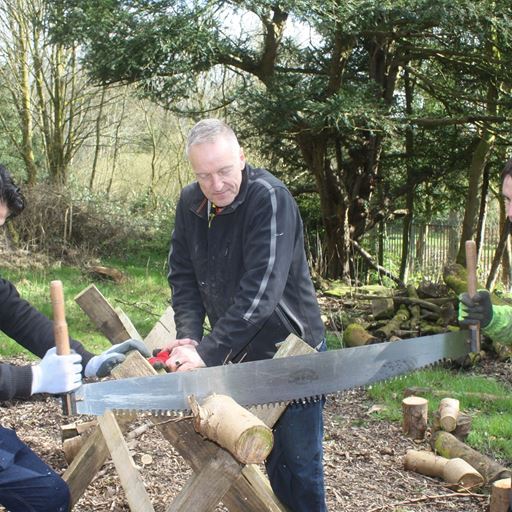Volunteering outside helps improve mental health
-
Date
Mon 2 Oct 17

You can improve your mental health within just six weeks by carrying out voluntary work outside according to new Essex research.
The Wildlife Trusts commissioned our Green Exercise Team to carry out a study looking at the effects of volunteering in nature. It found:
- The mental wellbeing of more than two-thirds (69%) of all participants improved after just six weeks.
- 95% of participants, who had poor levels of mental health at the start, reported an improvement in six weeks, and participants with low wellbeing at the start reported 35% improvement in wellbeing score over the 12-weeks
- Improvements were greatest for people new to volunteering and those who had poor levels of mental health at the start.
- Participants reported feeling significantly more positive and felt their health had improved as a result of their participation in conservation, craft, social and physical activities.
The study The health and wellbeing impacts of volunteering with The Wildlife Trusts was the third phase of scientific research we have carried out for the Trusts. It assessed changes in the attitudes, behaviour and mental wellbeing of 139 participants who did voluntary nature conservation work for 12 weeks.
Dr Mike Rogerson, from the Green Exercise Team, said: “Our findings have begun to evidence the wealth of health and wellbeing benefits provided through Wildlife Trust activities. It revealed how volunteering, and a close connection with nature, may be beneficial for the general public, and individuals with defined needs, such as mental health issues or suffering lonliness.”
Dominic Higgins, Nature and Wellbeing Manager at The Wildlife Trusts, added “The results of this structured research project make a powerful case for nature having a larger role in people’s every-day lives. The evidence is loud and clear - volunteering in wild places makes people feel better, happier and more connected to other people.
“The findings could help reduce the current burden on the National Health Service because they illustrate a new model of caring for people that does not rely solely on medications and traditional services.”




